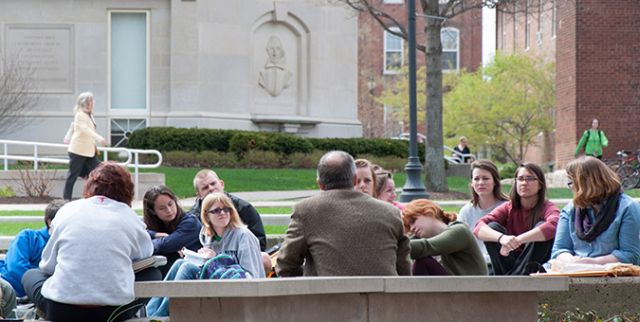
Philosophy Faculty Publications
Document Type
Article
Publication Date
Winter 1997
Publication Source
University of Dayton Review
Abstract
Addams understands autonomy and responsibility from the perspective of American pragmatism. Like her collaborator and friend, John Dewey, Addams believes one ascertains an idea's meaning and truth by applying it in practice. Hull House was founded explicitly as a pragmatist test for her ideas on ethics and social change (Lagemann 1994, 77).
Verifying philosophical ideas rests on two methodological prerequisites: concrete experience and sympathetic understanding. Addams repeatedly stresses how emotions serve as the starting point for ethical change, although they need to be cultivated and guided by experience and reason. In addressing social problems, Hull House residents first gathered statistics and empirical data, but then interpreted the data in light of their direct experience as neighbors of the poor. This method would give them "sympathetic knowledge," which Addams calls "the only way of approach to any human problem" (1912a, 11).
Inclusive pages
51-55
ISBN/ISSN
0041-9525
Document Version
Published Version
Copyright
Copyright © 1997, University of Dayton
Publisher
University of Dayton
Volume
25
Issue
1
Peer Reviewed
yes
eCommons Citation
Fischer, Marilyn, "Jane Addams on Autonomy and Responsibility" (1997). Philosophy Faculty Publications. 127.
https://ecommons.udayton.edu/phl_fac_pub/127
Included in
Civic and Community Engagement Commons, Demography, Population, and Ecology Commons, Ethics and Political Philosophy Commons, Feminist Philosophy Commons, Inequality and Stratification Commons, Race and Ethnicity Commons, Sociology of Culture Commons



Comments
University of Dayton publication